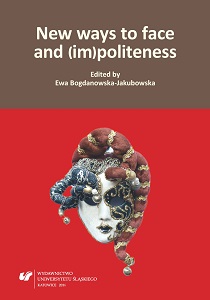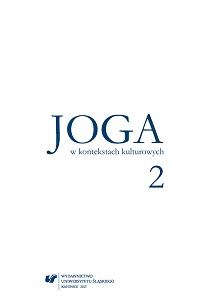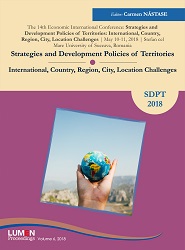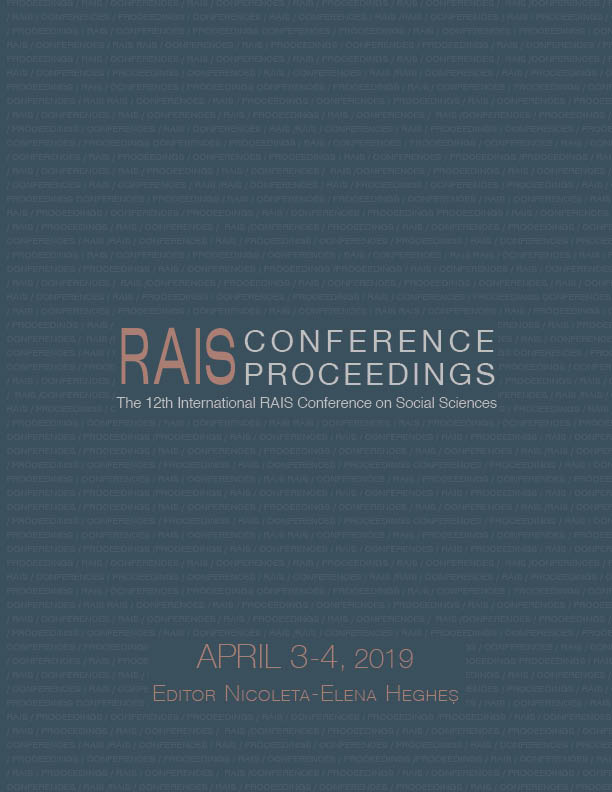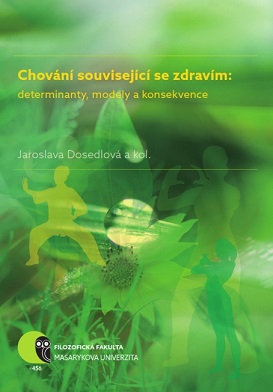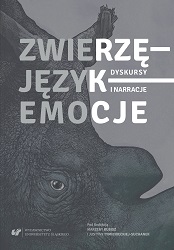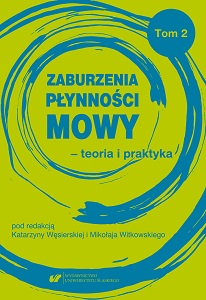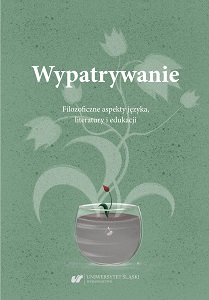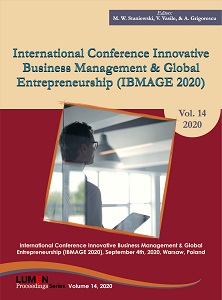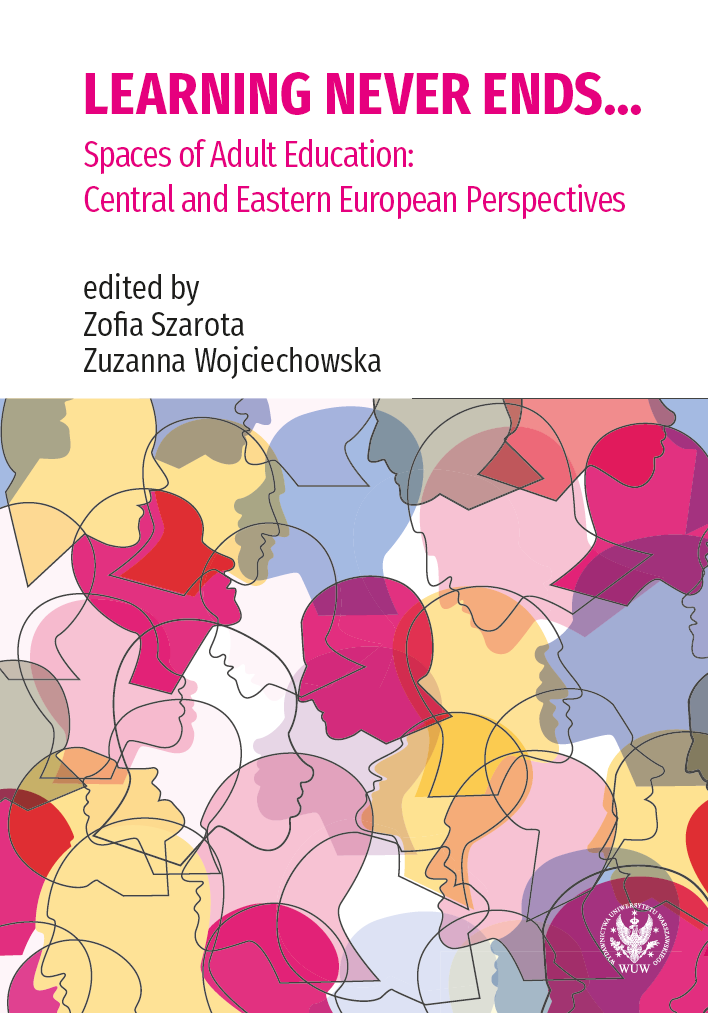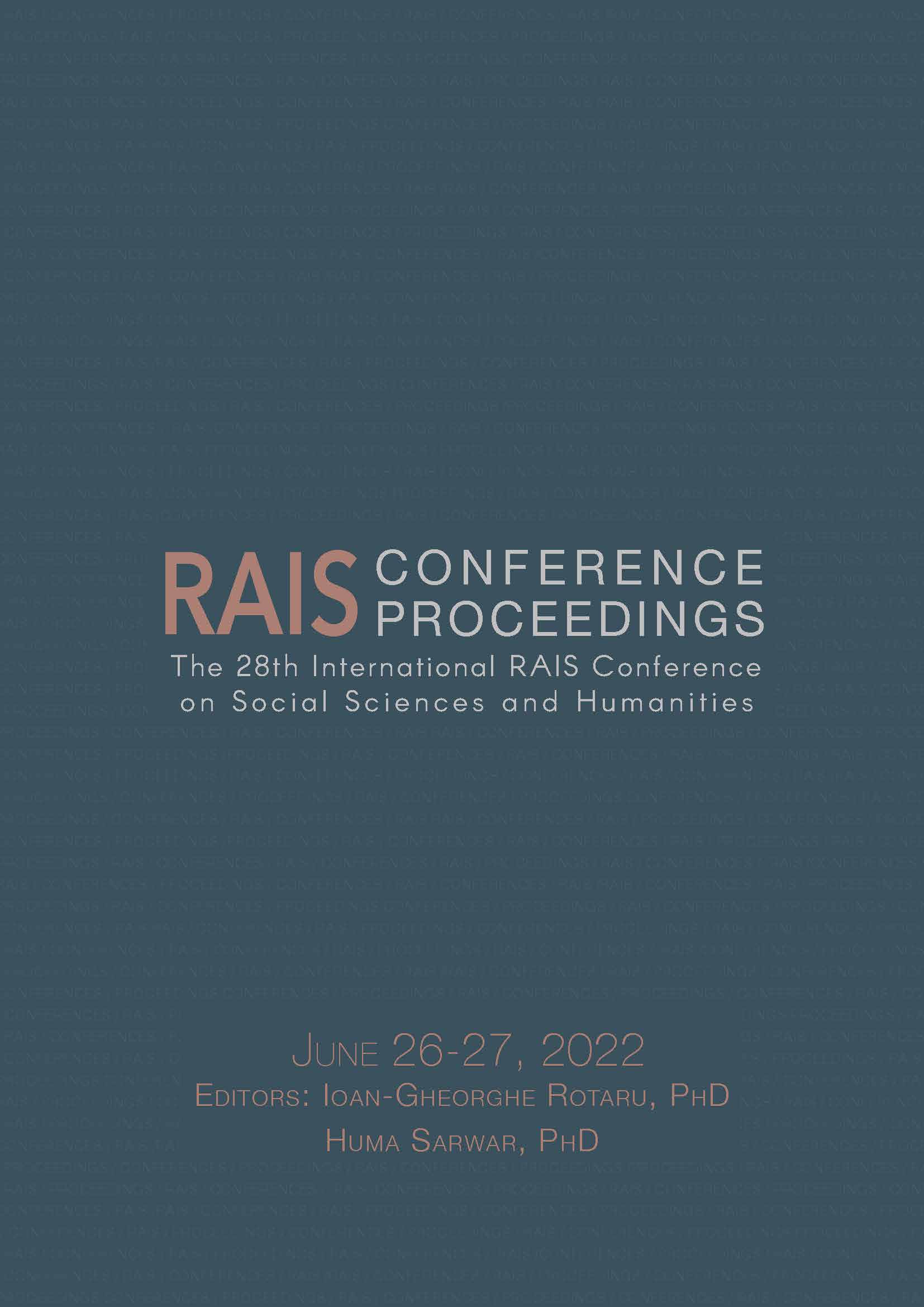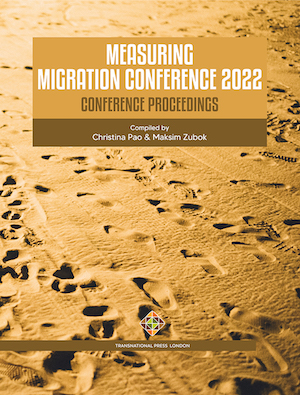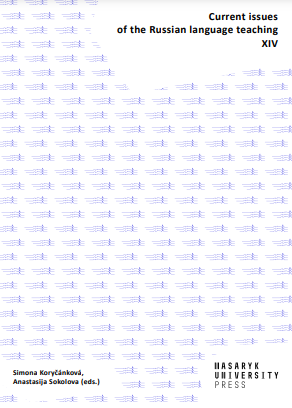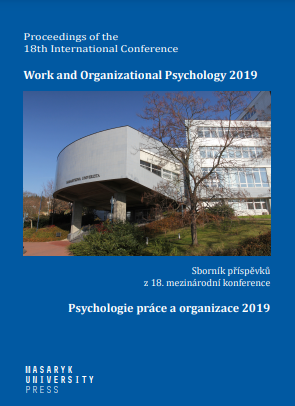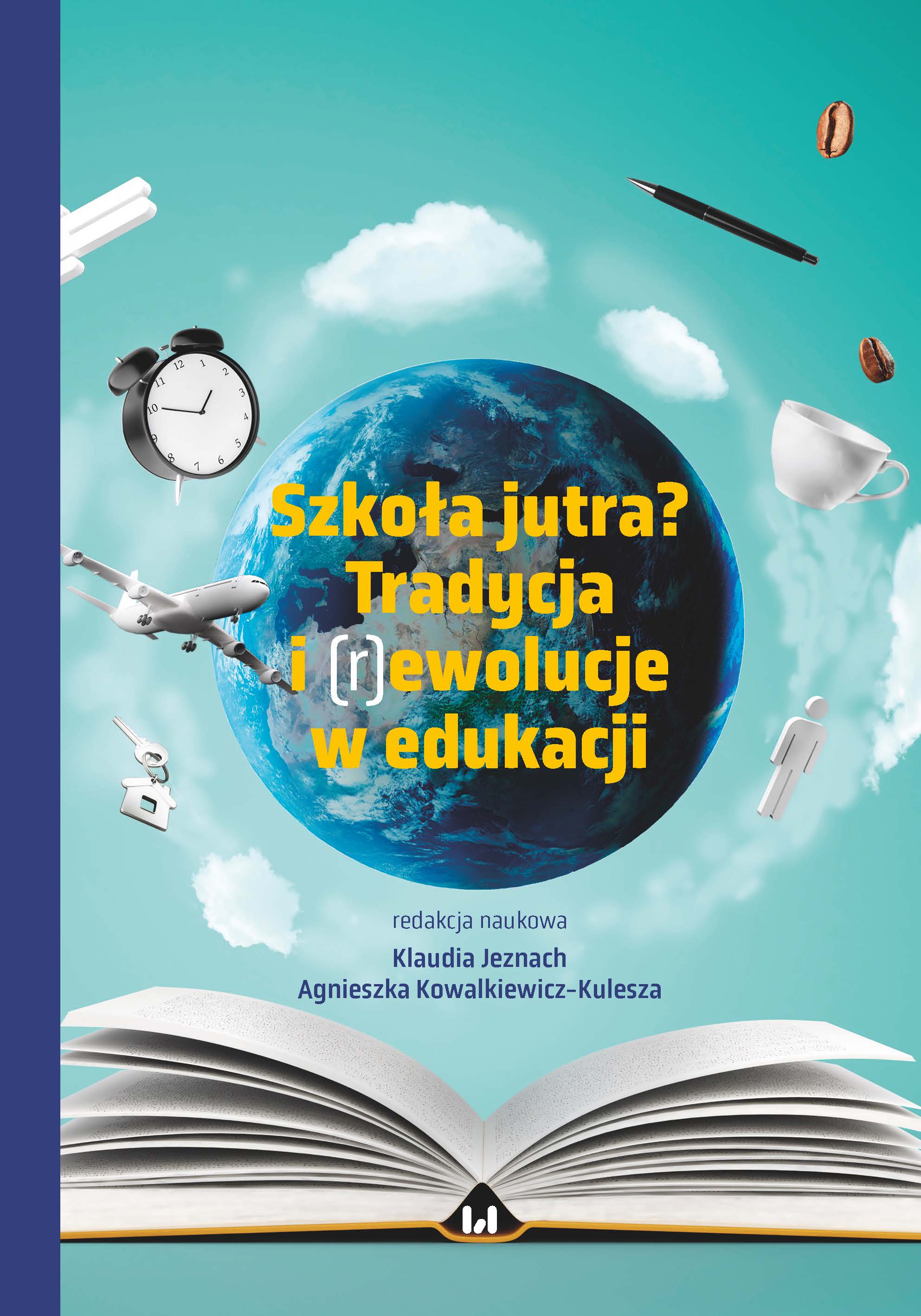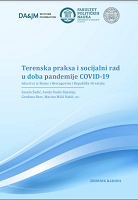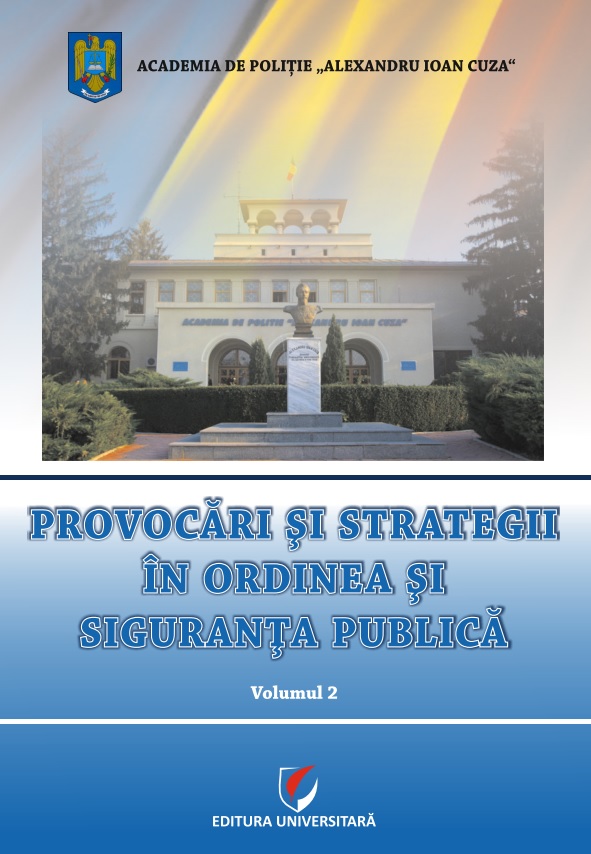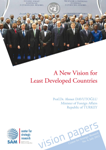
A New Vision for Least Developed Countries
A New Vision for Least Developed Countries
Keywords: Somalia
While pursuing its own development with confidence and success, Turkey has become deeply concerned with all forms of human inequality that exist in the world, especially those forms that impact upon the dignity of the individual and the community. This concern has led Turkey in recent years to turn increasing attention to the plight of countries experiencing acute economic and ecological challenges. In this spirit it has sought to provide assistance and moral support to the people of Somalia who have remained affected by a lethal famine as well as the absence of human security as a result of sustained civil strife and uncontrolled crime. In 2011 the leaders of the Turkish government, along with their families, made a visit to Somalia as a demonstration of solidarity and engagement. It was a dramatic event in part because Somalia had been treated as off limits for world leaders due to the perception of dangerous levels of chaos and the pervasiveness of violence on the ground. This initiative was welcomed with great appreciation by the people of Somalia. Besides showing solidarity and immediate help for famine, Turkey wanted to raise consciousness in the global setting about the tragedy of Somalia so other countries would join in the emergency relief effort. While tragedy of Somalia persists, greater international attention s being given as evidenced by the February 2012 international conference held in London and May 2012 Istanbul conference. Problems of this magnitude, we believe, require not just national or regional responses, but depend on generating a global response
More...
